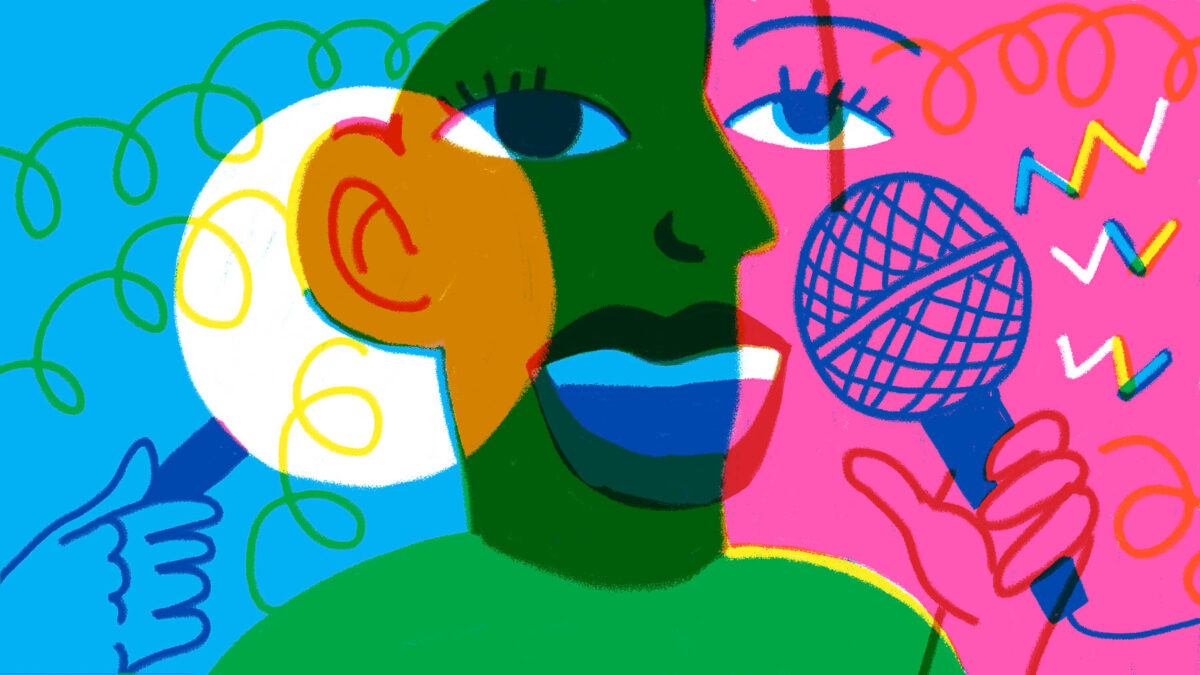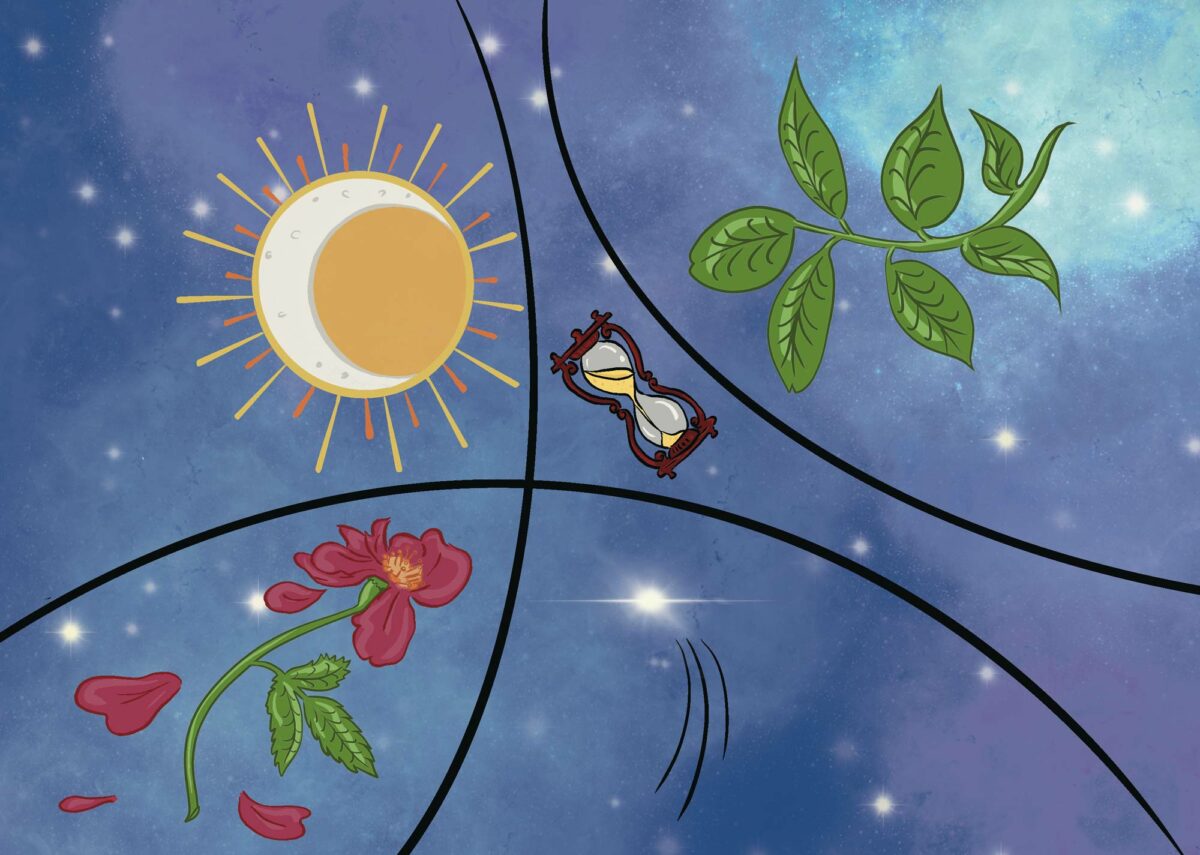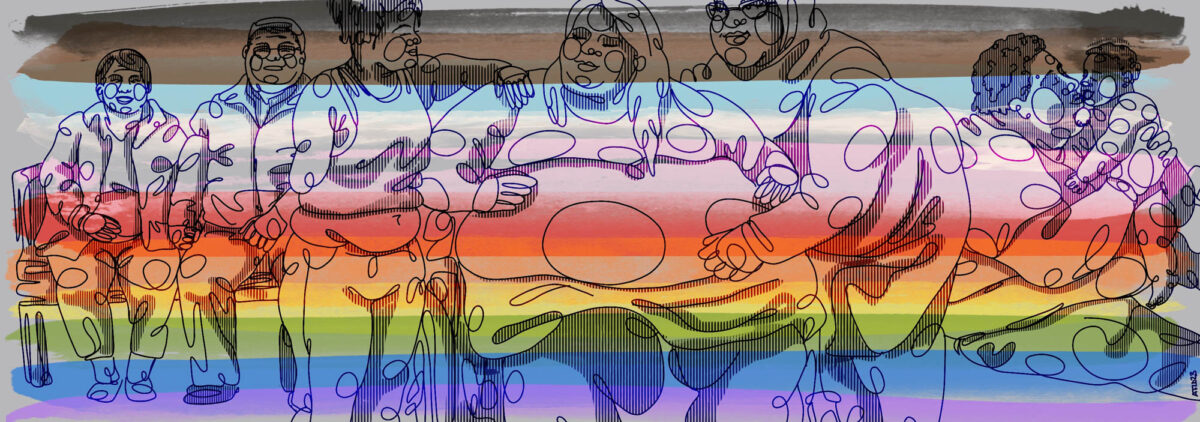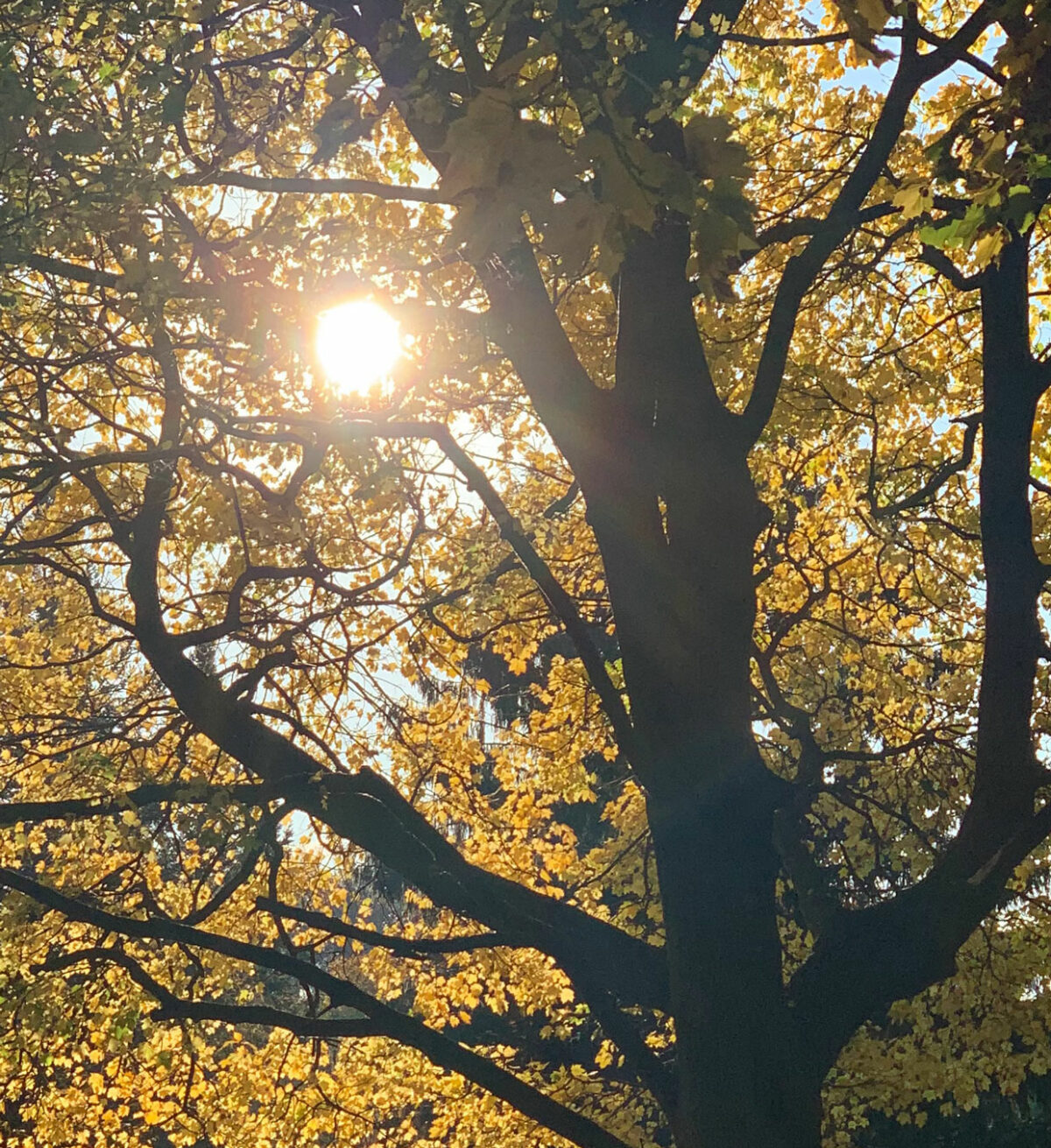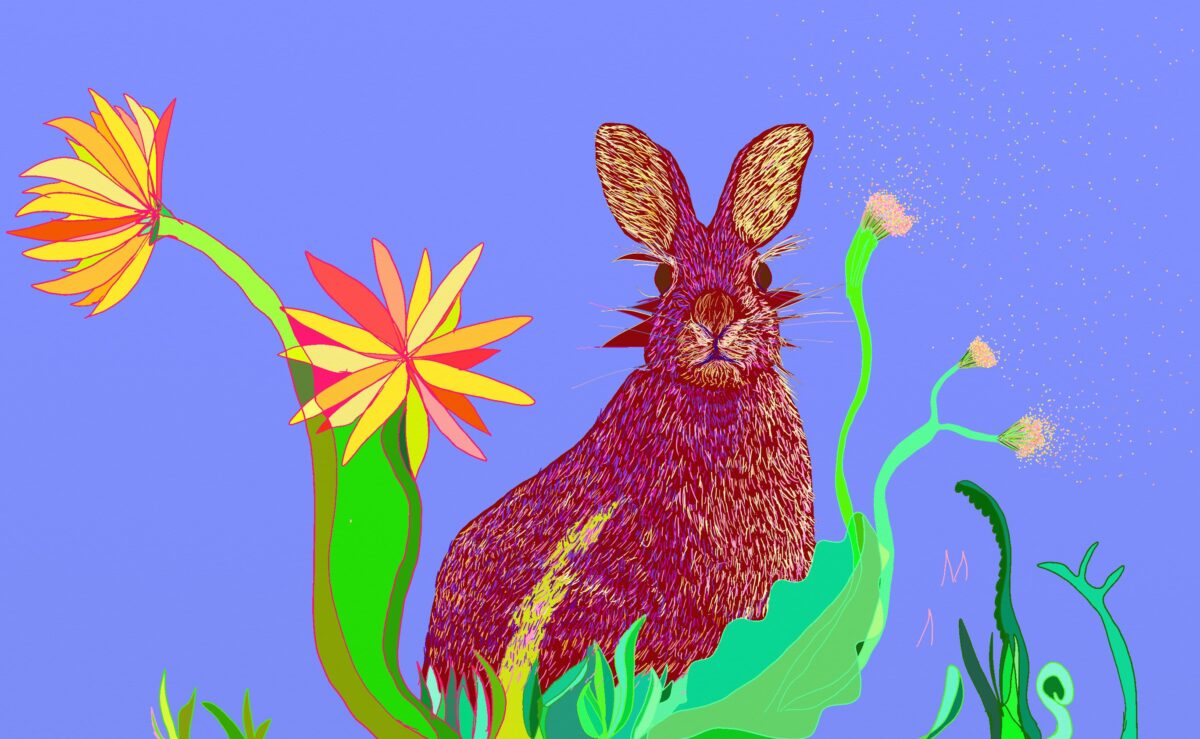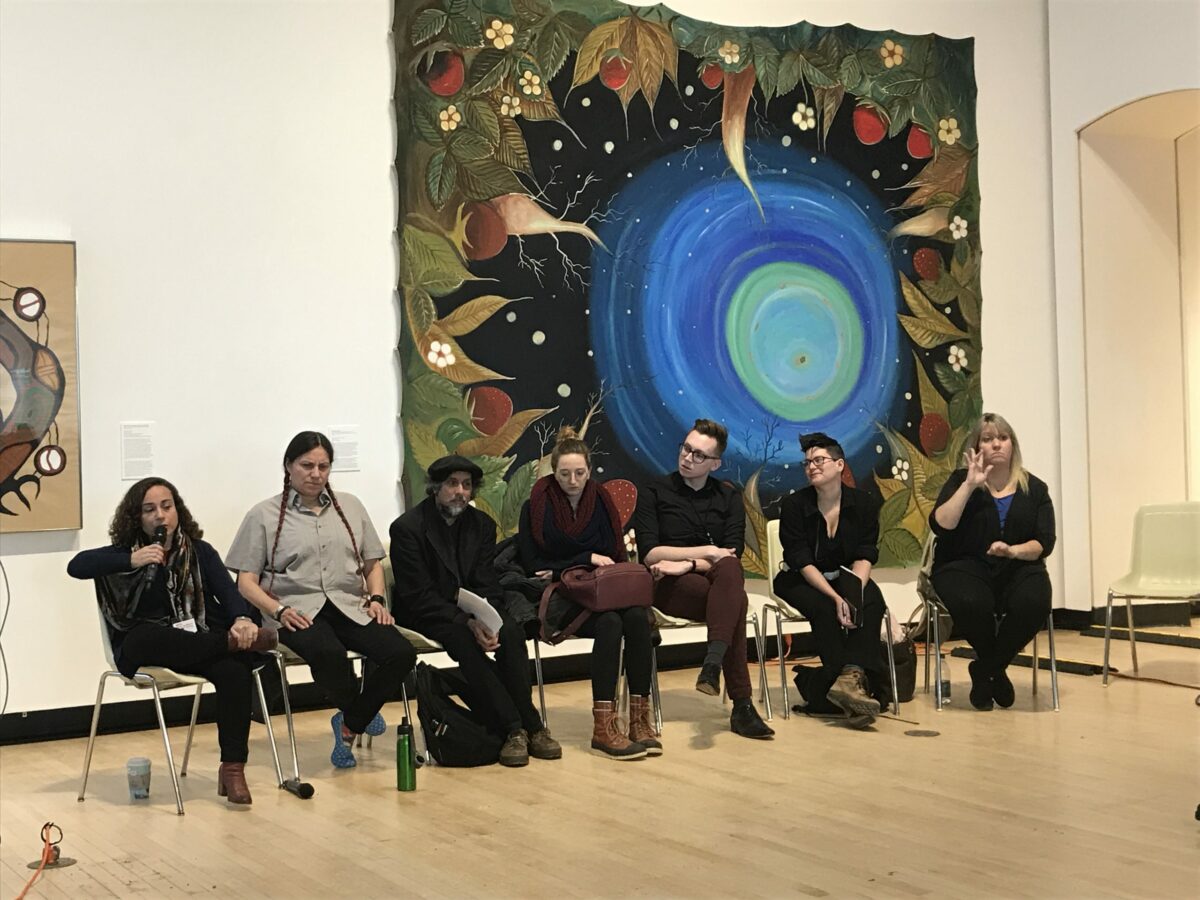
Bodies in Translation was pleased to co-present with the International Institute on Critical Studies in Improvisation and Arts Everywhere, Art As Activism/Activism as Art, a conversation between artist-scholar-activists Dolleen Tisawii’ashii Manning, BIT co-applicant and lead on the Cultivating the Arts stream of the grant, and curator Amanda Cachia, moderated by Andrew Hunter, Art Gallery of Guelph Senior Curator.
ArtsEverywhere: A Festival of Ideas is an annual festival in Guelph, Ontario that explores the junction of artistic thinking and critical inquiry in contemporary life. ArtsEverywhere is a program of Musagetes, “a philanthropic arts organization founded on a deep belief in the transformative power of the arts,” and creates a space for dialogue about the value that art brings to all life. The 2018 festival ran from January 18–21 and featured lectures, conversations, music, artistic performances, literary readings, and film screenings.
ArtsEverywhere has two core principles: art must be the centre of individual and collective thinking and experience, and art must be a vital part of our social and political institutions. Following this, ArtsEverywhere strives for change in our institutional organizations, collective opinion, and critical thinking though fellowship and solidarity with communities. The Art As Activism/Activism as Art conversation provided an opportunity to dig into these principles, exploring artistic creation and curation for social change, embodiment, valuing different knowledges, productive failure, and artist and curator roles in intervening into the social, political and cultural spheres of life.
Watch a recording of the live stream of Dolleen Manning and Amanda Cachia’s conversation, Art As Activism/Activism as Art.
Artists
Dolleen Tisawii’ashii Manning is an Anishinaabe (Ojibwe/Irish) member of Kettle & Stony First Nation, and received her PhD from the Centre for the Study of Theory and Criticism at Western University. She also holds graduate degrees in contemporary art (MFA, Simon Fraser, 1997) and critical theory (MA, Western, 2005). Dolleen works at the intersection of Anishinaabe ontology and epistemology, critical theory, phenomenology, and art. Her dissertation Mnidoo-Worlding: Merleau-Ponty and Anishinaabe Philosophical Translations, turns to Ojibwe concepts such as mnidoo (spirit or other-than-human) to propose an interrelational theory of consciousness that involves a possession by these living potencies.
Amanda Cachia received her PhD in Art History, Theory & Criticism at the University of California, San Diego in Spring, 2017, and is an independent curator and critic from Sydney, Australia. She is also the first full-time Assistant Professor of Art History at Moreno Valley College in the Riverside Community College District in Southern California. Her research focuses on modern and contemporary art; curatorial studies; disability studies; performance, choreography and politics; activist art and museum access; and phenomenology. Her dissertation, “Raw Sense: Choreography, Disability, Politics,” analyzes the work of eight contemporary artists who create radical interventions in public space by virtue of non-normative body actions, and traces a genealogy for this work through avant-garde art movements from the 1960s and 1970s to offer an expanded narrative on performance, minimalism and Fluxus from a disabled perspective. She was a 2016 Yale University Sarah Pettit Doctoral Fellow and was the recipient of the Irving K. Zola Award for Emerging Scholars in Disability Studies, issued by the Society for Disability Studies (SDS) in 2014.
